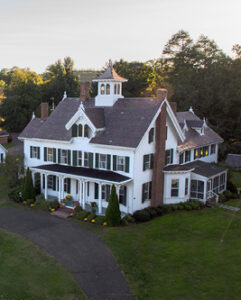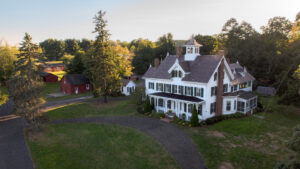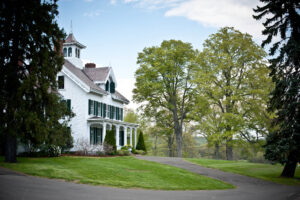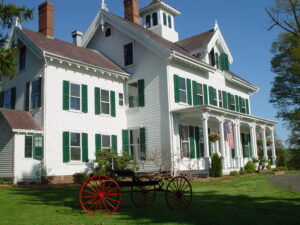Lyman Homestead
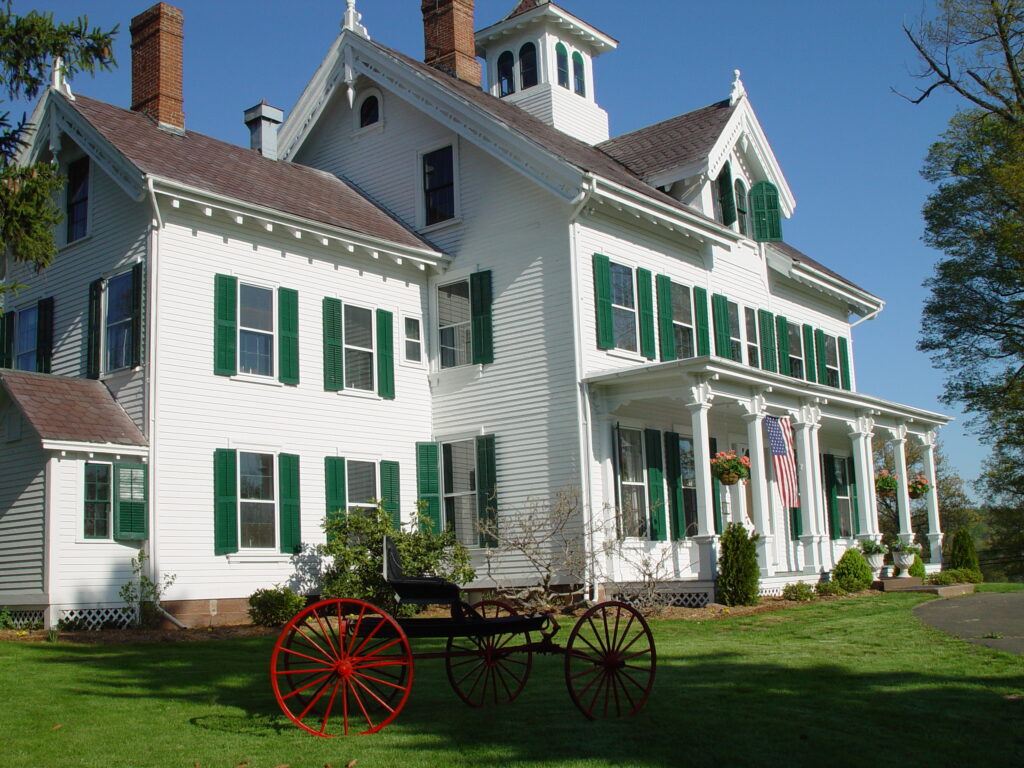
Defying Injustice: The Lyman Family’s Public Rejection of the Fugitive Slave Law
In 1850, William Lyman, his son David, his son-in-law James Dickinson, and three other men, arranged for a scathing rebuke of the Fugitive Slave Law Section 3 to be published in the October 19th edition of the Sentinel and Witness newspaper, in which they wrote:
“When an enactment, falsely calling itself law, is imposed on us, which disgraces our country, which invades our conscience, which dishonors our religion, which is an outrage upon our sense of justice, we take our stand against the imposition. The Fugitive Slave Law commands all good citizens to be slave catchers: good citizens cannot be slave-catchers, any more than light can be darkness. You tell us, the Union will be endangered if we oppose this law. We reply, that greater things than the Union will be endangered, if we submit to it: Conscience, Humanity, Self-Respect are greater than the Union, and these must be preserved at all hazards. This pretended law commands us to withhold food and raiment and shelter from the most needy – we cannot obey. . . . When our sense of decency is clean gone forever, we will turn slave catchers; till then, never. . . . Be the consequence what it may, come fines, come imprisonment, come what will, this thing you call law, we will not obey.”
This defiantly principled statement was a public declaration of the Lyman Family’s disdain for the institution of slavery and their illegal involvement in the Underground Railroad. These men were willing to risk the loss of their property, livelihood, personal freedom and financial security to take a public stand on what they considered sacred religious and moral principles.
This site is open to the public.

